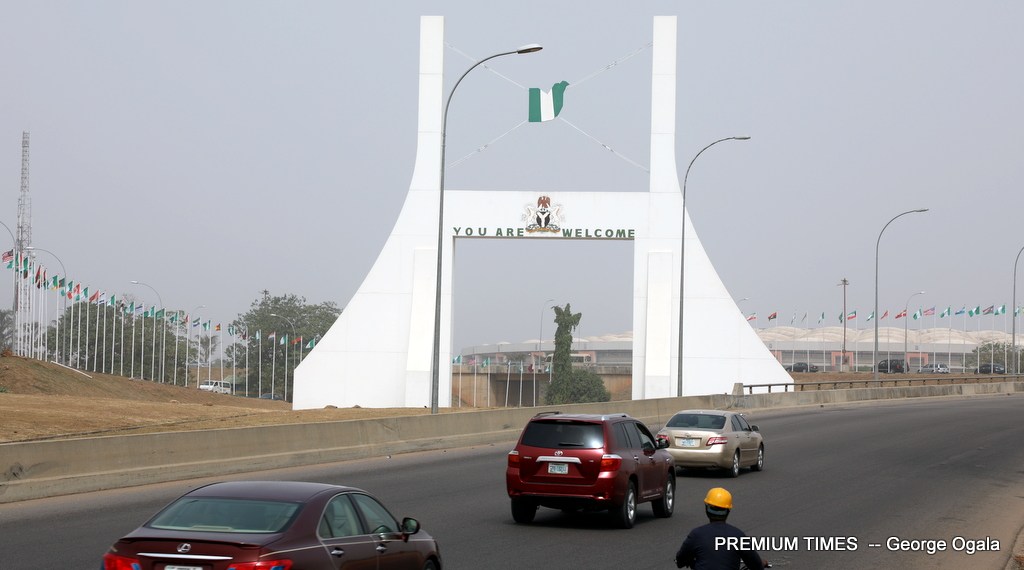Ghana has denied issuing a travel advisory to its citizens to keep away from Abuja, the capital of Nigeria.
A notice circulating since Wednesday evening bears the name and logo of the Ministry of Foreign Affairs and Regional Integration.
It indicated that Nigeria asked some hotels to close, citing “the directive by local authorities to hotels operating in residential buildings to shut down”.
The ministry allegedly said there was a “high danger of terrorism, criminality, inter-communal conflict, armed attacks, and kidnappings”.
In a rejoinder tweeted Thursday morning, the government declared the statement unauthorized.
The purported warning followed similar advisories by the United States, United Kingdom, Ireland, Canada, Germany, and others, since October.
The Nigerian military had managed to limit insurgents to northeastern Nigeria but terror gangs managed to infiltrate the North-West and North-Central in recent years.
Their incursion, largely through Niger and Kogi States, exposed the FCT where terrorists launched attacks at different times this year.
On July 5, the Medium Security Correctional Centre in Kuje was breached hours after President Muhammadu Buhari’s advance team was attacked en route to Katsina.
On July 24, a contingent of the Presidential Guards Brigade was ambushed along the Kubwa-Bwari road. Eight personnel and more than 10 insurgents died.
The military operation foiled the planned invasion of the Nigerian Law School and the nearby Veritas University, both in Bwari.
The attack coincided with the Nigeria Security and Civil Defence Corps (NSCDC) alert that Abuja, Katsina, Kaduna, Kogi, Lagos and Zamfara were under threats.
A memo by Deputy Commandant General (DCG) of Operations, D. D. Mungadi said Boko Haram and Islamic State’s West Africa Province (ISWAP) already mobilized fighters and weapons.


